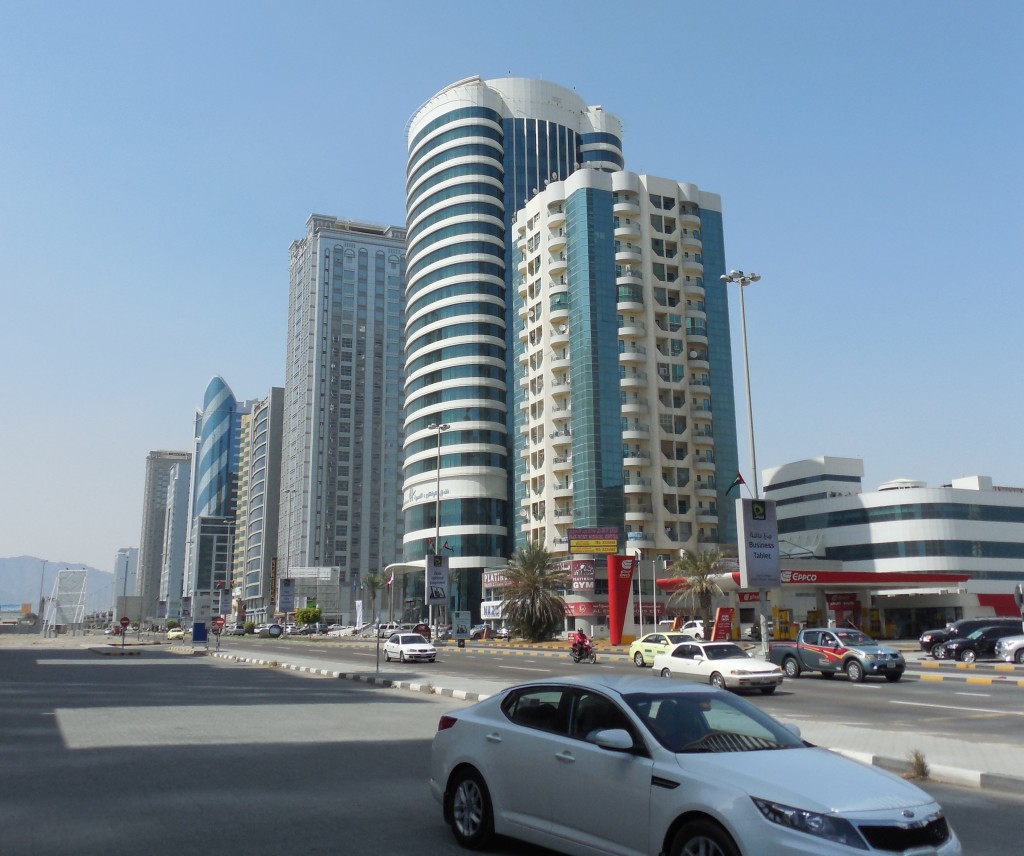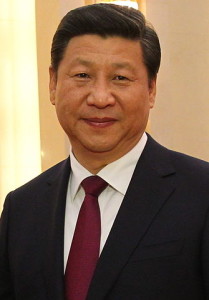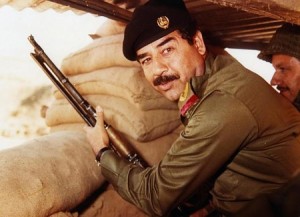Khalil bin Abdullah al Khonji, the former head of the Oman Chamber of Commerce and Industry says that the present economic reality demands a reduction and eventual elimination of the regions huge subsidies.
Despite the fact that the public will protest the withdrawal of subsidies, business leaders say “there is no other way out due to the new economic reality.”
Khonji stated that,
“The fall in oil prices is affecting Oman in a big way. All the reports indicate that the prices are unlikely to reach US$70 until 2020.
“I hope my predictions are wrong, but there is a strong indication that the prices might fall further after the crucial Organization of Petroleum Exporting Countries meeting in Vienna on Friday. It might even touch US$30.”
He added that now is the best time to phase out subsidies, especially those on oil.
“We understand from government officials that citizens will not be affected if the subsidy is removed. We have to prevent smuggling of diesel and petrol to other countries.”


![Somewhere south of Mahbes, Western Sahara, in the freed zone. Sahrawi women in the II International march against the Moroccan built wall that divides western Sahara. The longest wall built on Earth, this wall consists of a long wall with a berm, barbed wire, millions of landmines and electronic systems, survived by thousands of Moroccan soldiers.By Western Sahara (Sahrawi women against the wall of shame) [CC BY-SA 2.0 (http://creativecommons.org/licenses/by-sa/2.0)], via Wikimedia Commons](http://www.omrannews.com/wp-content/uploads/2015/08/512px-Sahrawi_women_against_the_wall_of_shame-300x225.jpg)


![The Apple Store in Istanbul. Photo by By Robert S Donovan [CC BY 2.0 (http://creativecommons.org/licenses/by/2.0)], via Wikimedia Commons](http://www.omrannews.com/wp-content/uploads/2015/05/Apple_Zorlu-Robert_S_Donovan-300x200.jpg)